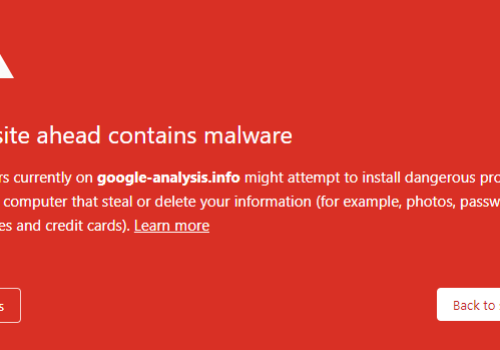Proxies are helpful in a variety of ways, including helping you get around geo-restrictions, hiding your identity, and web-scraping data.
Yet, you might have heard that proxies slow down your connection whether you’re looking into them for personal or professional use, which isn’t always the case.
Whether you are an experienced proxy user or a novice, there are always some technical details that may require more explanation.
In this post, we will attempt to solve the riddle surrounding proxy speed, including how high connection response times are achieved by providers and potential factors.
Reasons behind a Slow Proxy
With or without a proxy, the two parameters latency and throughput have an impact on any internet connection’s speed. Although you may be unsure of the actual meaning of these terms, you may have heard them before. Starting with delay.
Latency
A time interval between acting and seeing the effect of activity. You probably won’t even realize that there is a very small amount of latency between pressing a button on your keyboard and seeing it appear on the screen.
On the other side, if you’re in Canada, there is frequently a fair degree of delay while attempting to access a webpage from New Zealand.
Throughput
A measurement of the volume of data or content that can be transferred in a single action.
Both a garden hose and a fire hose would immediately start to leak water when connected to the same high-pressure faucet and turned on at the same moment (same latency), but the fire hose would leak significantly more water (more throughput).
Impact of Latency & Throughput on Proxy Speed
Depending on the type of connection you’re using, you can have one of four possible outcomes:
High Latency; Low Throughput
The sluggish connection is conceivable. In addition to having a significant delay, you are only passing a very small amount of data via the channel.
A web page with a connection like this can take a few seconds to load anything. Near the finish, the page styles load, and the page you are currently viewing frequently reorganizes as various elements are eventually obtained from the CSS style sheet.
Low Latency; Low Throughput
In this case, your browser will probably begin working fairly immediately after you begin loading the page. Your browser’s tab may already have the page title filled in, and you’ll soon see a heading, but everything comes in slowly.
It may take some time before the page is usable because images take a while to load and until CSS is loaded, some content chunks may not display properly.
High Latency; High Throughput
It can take a while for the website to begin loading; you might have to wait for a few seconds before anything appears. You’ll see a lot of material all at once after the page has started to load.
The content may load in waves, with the first wave consisting of unstyled headers and text blocks, the second wave bringing in JavaScript, and the third wave bringing in images and other media.
What you’re watching can drastically and quickly alter as each new block of material loads.
Low Latency; High Throughput
It should come as no surprise that this is the best connection at this point. The amount of data that is received at once after sending a page request is almost instantaneous.
As a result, sites load incredibly quickly and are practically immediately ready for use.
You may also read
What does this imply?
If you even have a basic understanding of proxies, you are aware that they use servers located all over the world and act as a barrier between your computer and the internet.
Proxy servers can increase connection latency because data must go through multiple intermediate points before reaching your machine.
This is particularly true if you’re utilizing a proxy server in a nation that is far away from your computer or another device.
Proxy servers won’t reduce your throughput, though. You won’t experience a reduction in the bandwidth available for you to use as long as the proxy server (if you’re using one) has enough bandwidth to process the incoming requests.
As fewer people will be utilizing a residential proxy at once, this is more of an issue with data center proxies.
Higher-end private proxies (like the ones we provide at Rayobyte) will have less of a chance of being overcrowded regardless of the proxy you use.
What is a good proxy speed?
Every IP address that you have has a different proxy speed, however, it is reasonable to state that a decent proxy speed is the one that enables comfortable work for your specific use case.
A high proxy speed is one that is greater than 2 Mbs per second.
Do proxy servers slow down the internet?
Your internet connection is not inherently slowed down by proxies.
You could notice that websites load a little more slowly while using proxies, but this is not because proxies slow down your Internet speed.
The speed of proxies is affected by a variety of factors, including the distance between you and the server, the internet speed of your ISP, or the ISP of the IP you are connected to.
Quick links
Is proxy faster than VPN?
Both are slower. Neither a proxy nor a VPN has a fixed or inherent speed. The distance between you and the server, the internet speed of your ISP, or the ISP of the IP address you are connecting to, are just a few of the variables that affect their speed.
Troubleshooting Slow Proxies- Conclusion
Your online browsing will experience some lag if the proxy server is properly managed. In everyday browsing, the additional latency may be hardly perceptible, somewhat increased, or in some extreme cases, extend to a tiny delay in page loading.
On the other side, busy or overloaded proxy servers are likely to ruin the browsing experience.
Quick Links





